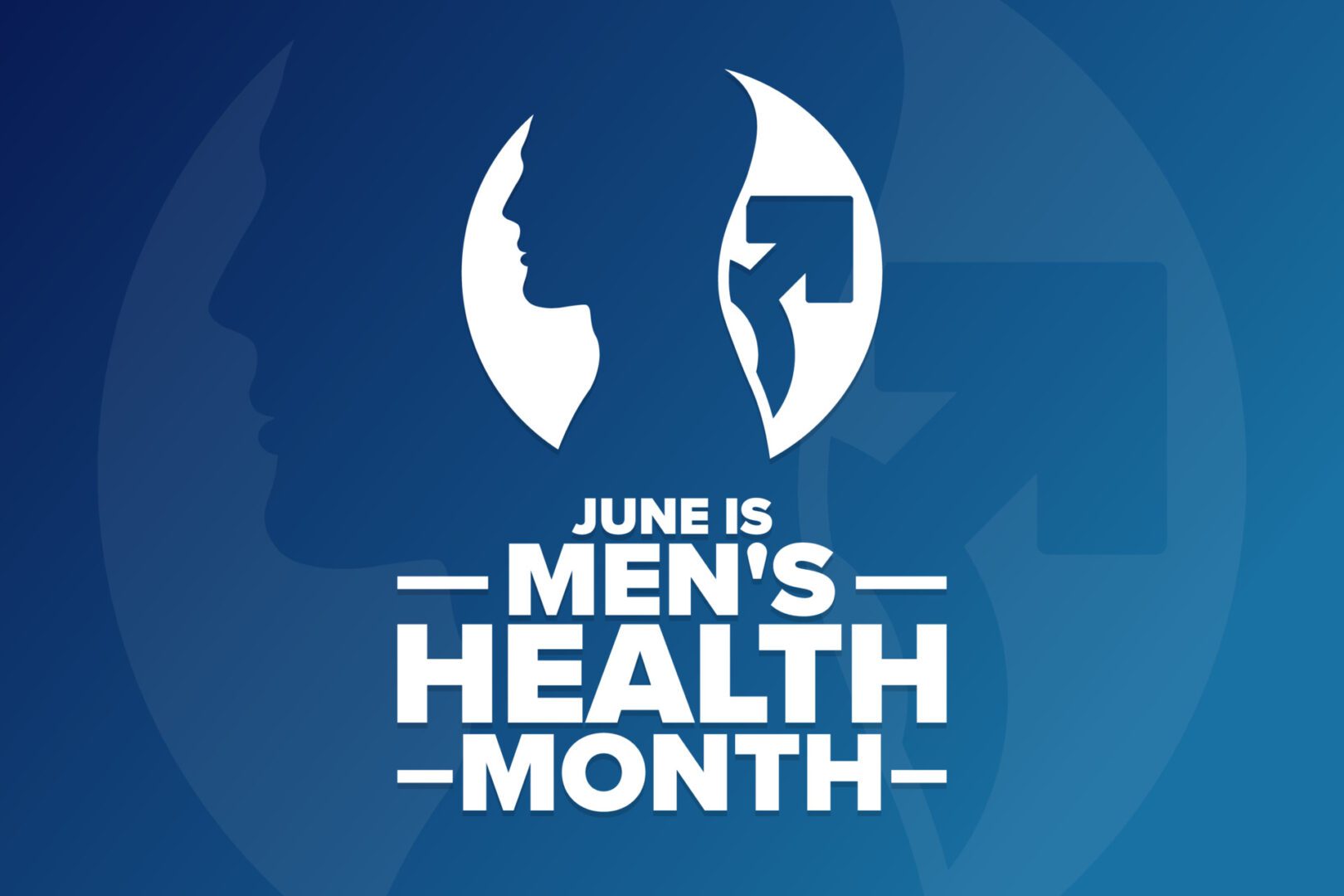Search by Color or Cause


Men’s Health Month is observed in June. Men’s Health Month serves to heighten the awareness of preventable health problems. In addition, it encourages early detection and treatment of disease among men and boys. Further, this month gives health care providers, public policy makers, the media, and individuals an opportunity to encourage men and boys to seek regular medical advice. And, it also encourages early treatment for disease and injury. Men’s Health Month is celebrated across the country with screenings. It is also celebrated with health fairs, media appearances, and other health education and outreach activities. Lastly, don’t forget to celebrate Wear Blue Friday. Wear Blue Friday is the Friday before Father’s Day.
National Men’s Health Month is a time to remind men of the health issues they face and how to take charge of their health. Men are significantly less likely than women to see a doctor. They are also less likely to report symptoms to a health care provider. Only 60 percent of men go to the doctor for a yearly, routine check up. And only 40 percent won’t go until something is seriously wrong.
Despite these statistics, 20 percent of men report seeing a doctor so their significant other or a loved one will stop nagging them. It’s important to encourage the men in your life to see a doctor. You can make an impact!
Men in this age range are encouraged to discuss the health concerns below with their doctors. These discussions can be part of a yearly annual wellness visit. While you may think you don’t need some of these tests, establishing a base line can be useful. It is helpful for continued health monitoring as you age. And it gives a more acute health picture should concerns arise.
These screenings are similar to those recommended for younger men but start to look at health concerns that most often appear in middle age.
Older men should continue to evaluate their health and make lifestyle changes based on conversations with their doctors to ensure they are able to live life to the fullest.
Mental health is an important determinant of overall health and quality of life at every age. Men are more likely to suffer “deaths of despair” including alcoholism, overdose and suicide. Yet they are far less likely than women to seek out mental health services. Undiagnosed and untreated mood disorders in young men are associated with impaired learning. They are also associated with risk-taking behaviors, use of substances and violence. Adult men with chronic diseases like diabetes and cardiovascular disease have worse outcomes when they also suffer from depression. In addition, depression is associated with decreased longevity in older men.
Further, men should be aware of the symptoms of depression and anxiety. And, they should know when it’s time to seek help. Organizations like HeadsUpGuys, the National Black Men’s Health Network, Don’t Change Much and the Movember Foundation provide useful tips for self-care. They also have online self-assessment tools to help men know when it’s time to speak with a healthcare professional. Opening up about mental health and normalizing a discussion around depression, anxiety and suicide risk is something that men can do for themselves and for each other.
Social connection is essential to our health and well-being, and an increasing number of Americans report loneliness and social isolation. Research shows that people who experience loneliness and isolation are at increased risk of heart disease, dementia, stroke, depression and anxiety. Lacking social connection can even increase the risk of premature death to levels comparable to smoking. On the other hand, maintaining social connection promotes better physical and mental health, eases stress and even promotes a healthier immune system. Taking simple steps like answering a phone call from a friend, inviting someone to share a meal or volunteering in your community can help you to feel connected. The US Surgeon General recently issued a first-of-its kind advisory on the epidemic of loneliness and isolation. In it, Vice Admiral Vivek H. Murthy outlines actions that we can take on a national, local and individual level to help us all stay connected.
Men’s Health Month is the perfect time to chart your course to improved health. Keep up with health screenings and listing to your body when symptoms come up. Make mental health a priority and take steps to manage stress and stay connected.